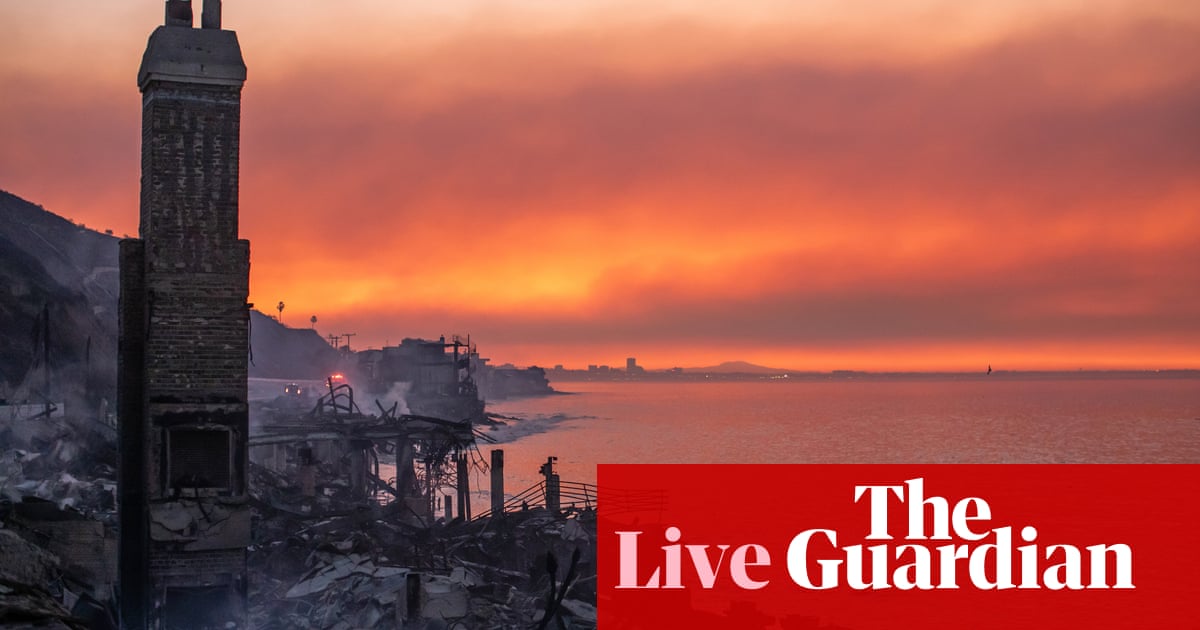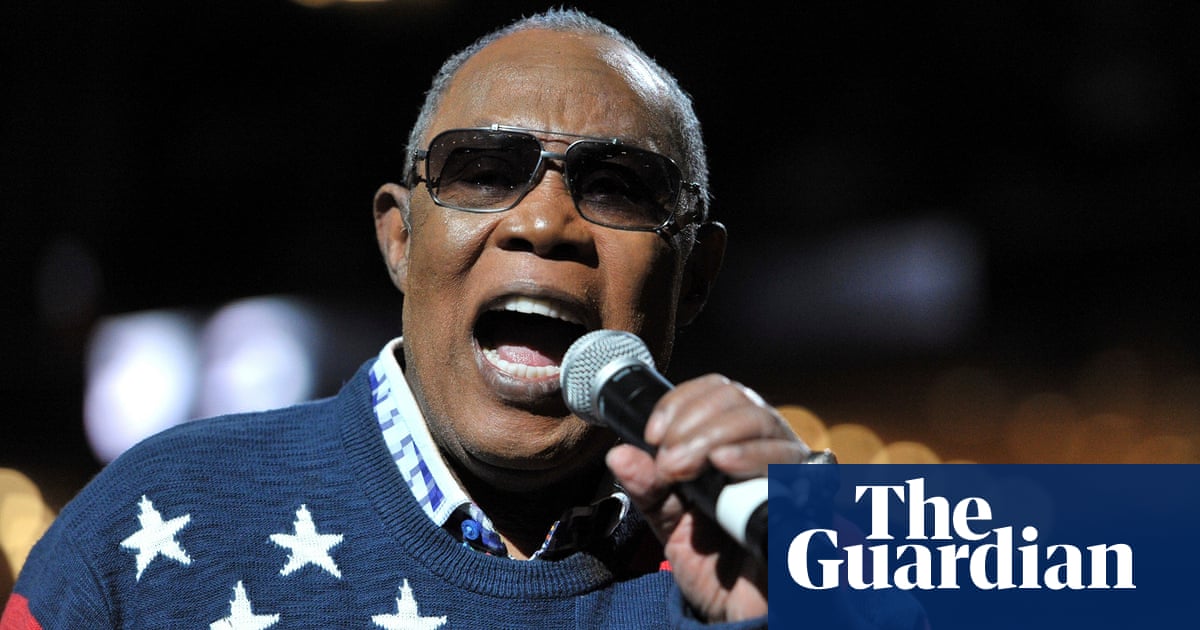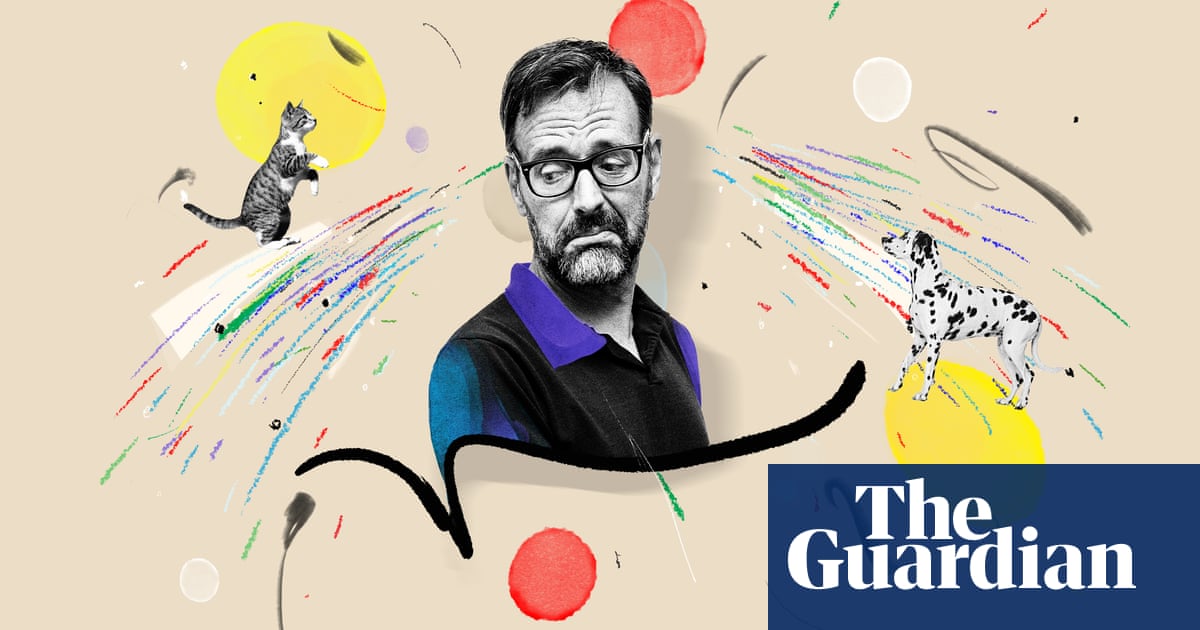Germany’s chancellor, Olaf Scholz, is under mounting pressure to step aside as his party’s candidate for the job in February’s snap election in favour of his defence minister, Boris Pistorius, the most popular politician in the country.
The top brass of the Social Democratic party (SPD) are planning crisis talks on their choice of chancellor candidate for the 23 February general election on Tuesday evening while Scholz is flying home from the G20 summit in Brazil, local media reported.
In a move drawing comparisons to Joe Biden’s decision to step aside for Kamala Harris as the Democratic party candidate in the US election, speculation is rife that the SPD could switch horses at roughly the same moment in the campaign, with about 100 days left.
Scholz led a fractious three-way coalition from 2021 until it imploded this month after he fired his pro-business finance minister Christian Lindner. He has stated he is seeking a second term at the helm of the EU’s top economic power.
But even his swift move to end the bitter infighting that has hobbled efforts to revive an ailing economy and address woes in key industries such as car manufacturing has failed to revive his political fortunes.
A poll published on Tuesday showed Scholz slipping into last place among Germany’s top 20 politicians in terms of support, with the genial, politically deft Pistorius consistently holding on to the lead.
After weeks of grumbling about Scholz’s dim prospects for leading his party to victory against the centre-right Christian Democrats (CDU) and their candidate, the millionaire former executive Friedrich Merz, prominent Social Democrats calling for a change on the ticket have abandoned their discretion.
“The resistance to ‘carry on’ is increasing every day among the SPD’s base,” the former party leader and foreign minister Sigmar Gabriel posted on X, echoing sentiments from a handful of prominent Social Democrat MPs. “And the SPD’s leadership can only come up with pacification efforts and fealty. Now is the time for courageous political leadership. If we stay the course, the SPD will fall below 15%!”
The CDU, on 32%, has double the support of the SPD, on 16%, a poll released on Monday indicated. The far-right Alternative für Deutschland, riding high on momentum from strong showings in European parliament elections and regional polls this year, is in second place with 19%.
Germany has been gripped by the same anti-incumbent sentiment sweeping most western democracies, fuelled by anger over high inflation driven by Russia’s full-scale invasion of Ukraine, growing inequality and anxiety around immigration.
However, critics say Scholz bears personal blame for his party’s malaise, citing an aloof, self-satisfied manner and an inability to build bridges with voters, government ministers or fellow European leaders.
Wolfgang Schroeder, a political scientist at the University of Kassel, told the Funke media group that the only thing missing for a putsch was “the Pelosi moment”, referring to the veteran Democrat Nancy Pelosi who was reportedly instrumental in convincing Biden to bow out.
The centre-left Süddeutsche newspaper noted that Scholz had begun as a “reliable handyman” at the levers of power but had never recovered from a constitutional court ruling last year that ripped a €60bn hole in the federal budget, robbing the government of funds for renewal projects and touching off a bitter austerity debate he failed to resolve.
after newsletter promotion
“As tragic as it is, Olaf Scholz has failed,” it said. “Why should he be the face of a new beginning?” While Pistorius was less tested at the national level, it said, he “embodies what Scholz lacks: folksiness, authenticity, empathy, a down-to-earth approach – he seems like a go-getter”.
Pistorius had repeatedly demurred when asked about ambitions to replace Scholz, citing loyalty and a commitment to the defence brief. But on Monday evening he shifted his tone, saying: “In politics you should never rule anything out.”
Even as the drumbeat for a new candidate grew louder, analysts noted that Scholz may still have an ace up his sleeve due to his party’s internal divisions over Ukraine. Although Scholz has spearheaded German support, making Berlin the second biggest weapons supplier to Kyiv after the US, his cautious rhetoric sets him apart from Pistorius’s more hawkish approach.
The defence minister has made his backing known for shipping long-range Taurus missiles long demanded by Ukraine, while Scholz this week again ruled out such a move over fears of escalation of the war.
The SPD’s leftist wing, well represented among the party’s leadership, is deeply reluctant to further antagonise Russia and could still snuff out an attempt to anoint Pistorius, who also lacks a profile on economic issues important to voters.

.png) 1 month ago
8
1 month ago
8













































